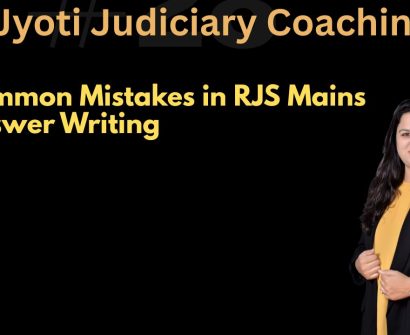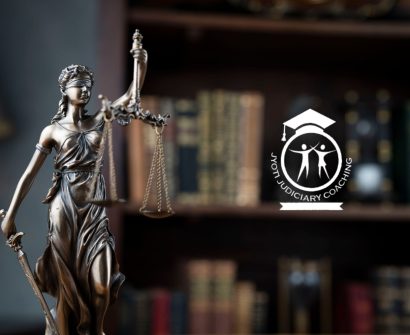
As old as human history itself is the concept of privacy. However, it’s difficult to understand what is meant by privacy. Privacy has been defined differently by different academics, and it has many features that vary as society does.
If we look back in time, we can find some talks about the issue of privacy and secrecy during the Constituent Assembly’s debates. It is clear from the debates held during the Constituent Assembly that the right to privacy was purposefully left out of the Constitution. It is unknown what the lawmakers may have intended with this.
In its most basic form, privacy gives every person the ability to be left alone in their inviolable core. A person’s right to privacy is something they are born with. Privacy is simply the common law recognition of an individual’s right to privacy.
Right to Privacy: About
Article 21 of the Indian Constitution, which contains the term “personal liberty,” reveals that a person’s liberty must be preserved in order for him or her to live a dignified life and that this requires the legal protection of the right to privacy.
To define privacy is a person’s legitimate right to choose how much of themselves they want to reveal to others and how they want to connect with them, including when, when, and how. It refers to his freedom to abstain or take part in a way someone thinks is suitable.
In the case of People’s Union for Civil Liberties v UOI, the Constitution’s Article 21 guarantees the right to “life” and “personal liberty,” both of which include the right to privacy. once the facts of a particular case support the existence of a private right. Article 21 draws attention. The right cannot be restricted “unless in accordance with procedure established by law.”
Right to Privacy: Constituent Assembly Debate
Adopted on January 26, 1950, the Indian Constitution makes no mention of the right to privacy. It seems that the drafters of our Constitution had thought about incorporating a right to privacy, but they decided against it for whatever reason.
Sub-Article (1) of the first proposed articles on fundamental rights, which Munshi delivered on March 17, 1947, said that every citizen, within the bounds of Union law, should have:
- The entitlement to his home’s inviolability
- The privilege of keeping his correspondence private
A similar formulation was also expressed in Dr. B.R. Ambedkar’s draft from March 24, 1947, discussed in various RJS Coaching institute:
- The people’s right to be secure in their person, homes, papers, and effects against unreasonable seizures and searches shall not be violated, and no warrants shall be issued unless there is probable cause that is backed by an oath of affirmation and specifically describes the location to be searched as well as the person or things to be seized.
- The right to correspondence secrecy and the prohibition against arbitrary search and seizure were specifically mentioned in the April 1947 Draft Report on Fundamental Rights, because of the individual contributions.
- This further establishes that privacy is not mentioned in the Indian Constitution. It was the result of a deliberate decision rather than an accident.
Role of the Judiciary: Right to Privacy
The important judgments relating to the right to privacy with respect to women discussed by various RJS Coaching institutes are as follows:
- In the case of Surjit Singh v Kanwaljit Kaur, the Punjab and Haryana High Court ruled that permitting a woman to be medically examined for virginity violates her right to privacy and personal freedom as guaranteed by Article 21 of the Constitution. Furthermore, no one may be forced to submit to a D.N.A. test without their consent.
- In the case of Suchita Srivastava v Chandigarh Administration, the Supreme Court’s three-judge bench, presided over by the Hon’ble Chief Justice, was asked to define “woman’s right to make reproductive choices” in light of the right to privacy being protected as a crucial component of the right to personal liberty. The court ruled that it was crucial to understand that a woman could exercise her reproductive rights both to have children and not have any. The court states that it was important to preserve a woman’s right to privacy, dignity, and physical integrity.
According to the experts in various institutes for RJS Coaching, the legislators who draft the laws that govern the nation must understand that women’s privacy issues cannot be adequately addressed unless the deeply rooted societal structures that result from patriarchy are acknowledged. Because women are viewed as the inferior gender, their privacy is probably not respected and people often interfere in their life without giving it any thought. Law enforcement officials need to be made more aware of women’s vulnerabilities so they can respond to them appropriately.









